RNA blood test for bipolar disorder
The challenge
Bipolar disorder is a common mental health condition characterised by recurrent – and in many cases lifelong – mood swings, including manic and depressive episodes. Globally, 45 million people are diagnosed with bipolar disorder[1] but the actual figure of those living with the condition could be much higher.
Worldwide, more than 300 million people are now living with depression.[2] Studies show that up to 40% of patients diagnosed with depression could actually be misdiagnosed and potentially have bipolar disoder.[3] On this basis, bipolar disorder may affect up to 120 million people worldwide.
Bipolar disoder is a chronic disease, which can be managed by the right combination of medication, psychotherapy, psychoeducation, but only if correctly diagnosed. If not well-managed through treatment, bipolar disorder can be debilitating. It can lead to hospitalisation, reduced quality of life, impairment at work, and increased suicide risk.[4] Today, correct diagnosis is challenging because it is limited to clinical evaluation.
Bipolar disorder is often confused with other mental illnesses, notably major depressive disorder. This is because the episodes of mania and hypomania often go unnoticed. Consequently, the average diagnostic delay is of 7.5 years.[5] As bipolar disorder occurs in 70% of cases early in the life of patients (between 16-25 years old), an early diagnosis is crucial to make adequate treatment intervention possible.[6]
Current diagnosis of bipolar disorder consists of a lengthy clinical evaluation comprising a physical exam, mood charting and psychiatric assessment, as well as an analysis of the patients and their family’s medical history. Training and experience of the psychiatrist is of foremost importance for correct evaluation. This can put a strain on health systems which may lack the psychiatric capacity for effective diagnosis.
A lack of diagnosis, delayed diagnosis and misdiagnosis have severe consequences for patients and puts a massive strain on families, close ones and the healthcare system. Medical treatment differs substantially between unipolar depression and bipolar depression, which is why misdiagnosis is particularly problematic. Consequences include greater recurrence of the condition or longer term episodes, impact on work and personal life, increased risk of chronic diseases, and higher mortality.[7][8] Delays in diagnosis also lead to higher health care costs: the societal cost of one-year delay in diagnosis is estimated at €50K per patient in Europe.[9]
The solution
The EDIT-B project team have devloped a new solution to improve the efficiency of the diagnosis of bipolar disorder. It is a blood test, using molecular biology, next-generation sequencing and artificial intelligence allowing a reliable diagnosis. EDIT-B is the first molecular test, based on RNA related biomarkers, which can, from a simple blood draw combined with clinical evaluation, make the differential diagnosis between bipolar disorder and unipolar depression.
The test is highly accurate (>85%) and is carried out on equipment available in most central laboratories.[10] This game-changing innovation has no equivalent on the market, according to market research by Alcediag, the start-up involved in the project. The test is based on their proprietary and patented RNA biomarkers and algorithms, which were developed thanks to the most advanced AI methods (a machine learning approach).
RNA biomarkers are detectable changes in the way genes are expressed in diseases including neuropsychiatric diseases such as bipolar disorder, depression,[11] schizophrenia,[12]and inflammatory ones such as lupus erythematosus.[13] RNA editing is considered as a forward-looking technology.
As a fully biological, accurate test, EDIT-B will change the diagnosis paradigm in psychiatry and reduce the diagnostic delay to a matter of days. This could allow a faster access to the right treatment, reduce avoidable side effects, and completely change the outcome for the patients. Based on the estimated costs of diagnostic delay, the use of EDIT-B will reduce economic burden and optimise use of medical and financial resources, reducing patient hospitalisation and improving health outcomes.
Expected impact
The project team will validate their solution through a clinial trial in Europe and they aim to obtain a CE mark with view to launching EDIT-B in Europe in 2025. Their ultimate goal is to improve care and quality of life of patients with mood disorders across Europe and beyond.
By reducing diagnostic delay, the solution will help people with bipolar disorder to access the right treatment faster, improving their quality of life and ability to manage their condition well. By improving care pathways and access to treatment, this innovative solution has the potential to significantly reduce the economic burden of the bipolar disorder on healthcare systems.
External partners
- GHU Paris Psychiatrie & Neurosciences
References
[1] James, S. L. et al. (2018). Global, regional, and national incidence, prevalence, and years lived with disability for 354 diseases and injuries for 195 countries and territories, 1990–2017: a systematic analysis for the Global Burden of Disease Study 2017. The Lancet, 392(10159), 1789-1858.
[2] Institute of Health Metrics and Evaluation. (2022). Global Health Data Exchange (GHDx). [online] Available at: <http://ghdx.healthdata.org/gbd-results-tool?params=gbd-api-2019-permalink/d780dffbe8a381b25e1416884959e88b> [Accessed 9 March 2022].
[3] Angst, J. et al. (2011). Prevalence and characteristics of undiagnosed bipolar disorders in patients with a major depressive episode: the BRIDGE study. Archives of general psychiatry, 68(8), 791-799.
[4] Post, R. M. (2005). The impact of bipolar depression. Journal of Clinical Psychiatry, 66(5), 5-10.
[5] Ghaemi, S. N. et al. (1999). Is bipolar disorder still underdiagnosed? Are antidepressants overutilised? Journal of affective disorders, 52(1-3), 135-144.
[6] Post, R. M. et al. (2008). Incidence of childhood-onset bipolar illness in the USA and Europe. The British Journal of Psychiatry, 192(2), 150-151.
[7] Perlis, R. H. (2005). Misdiagnosis of bipolar disorder. The American journal of managed care, 11(9), 271-274.
[8] Kessing, L. V., & Andersen, P. K. (2017). Evidence for clinical progression of unipolar and bipolar disorders. Acta Psychiatrica Scandinavica, 135(1), 51-64.
[9] World Health Organisation. 2022. [online] Available at: <https://www.who.int/healthinfo/global_burden_disease/GBD_report_2004update_full.pdf> [Accessed 25 March 2022].
[10] Salvetat, N. (2021). A game changer for bipolar disorder diagnosis using RNA editing-based biomarkers. Translational Psychiatry, 89(9) 201.
[11] Chimienti, F. et al. (2019). Brain region-specific alterations of RNA editing in PDE8A mRNA in suicide decedents. Translational psychiatry, 9(1), 1-12.
[12] Kubota-Sakashita, M. et al. (2014). A role of ADAR2 and RNA editing of glutamate receptors in mood disorders and schizophrenia. Molecular brain, 7(1), 1-14.
[13] Wu, J. et al. (2011). FAS mRNA editing in human systemic lupus erythematosus. Human mutation, 32(11), 1268-1277.
Members
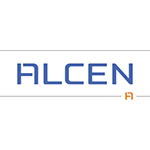
CLC/InnoStars: France
Partner classification: Business
Establish an ongoing policy of innovation applied to our own products and services. Develop a particularly extensive in-house technological base. Work closely with research centers, Transfer technological developments and feedback from one field to the others. Develop technologies in specialist laboratories organized around a limited number of top experts.
ALCEN


CLC/InnoStars: Scandinavia
Partner classification: Hospital/University hospital, Research, Public, Non-profit
The Capital Region of Denmark employs 40.000 people in the Copenhagen area across 6 university hospitals, mental health services, emergency medical services, social services, a dedicated research center for diabetes and the largest hospital pharmacy in Denmark. Among these are approx. 4.000 employees affiliated within health research, which makes the Capital Region of Denmark one of the largest research communities in Denmark The Capital Region of Denmark has a broad interest in environmental health, cross-sector treatment and care, digitalization and "user-driven" innovation. Research is carried out on most levels and the region houses numerous excellent research groups and centres as well as several large biobanks.
The Capital Region / Region Hovedstadens
Region Hovedstaden / The Capital Region, Kongens Vænge 2 3400 Hillerød
Key Activities in Social Innovation
Healthcare provision, Payers
Key Activities in Business Creation
Testing & Validation
Key Activities in Education
Entre- and intrapreneurship training, Healthcare professional education/training

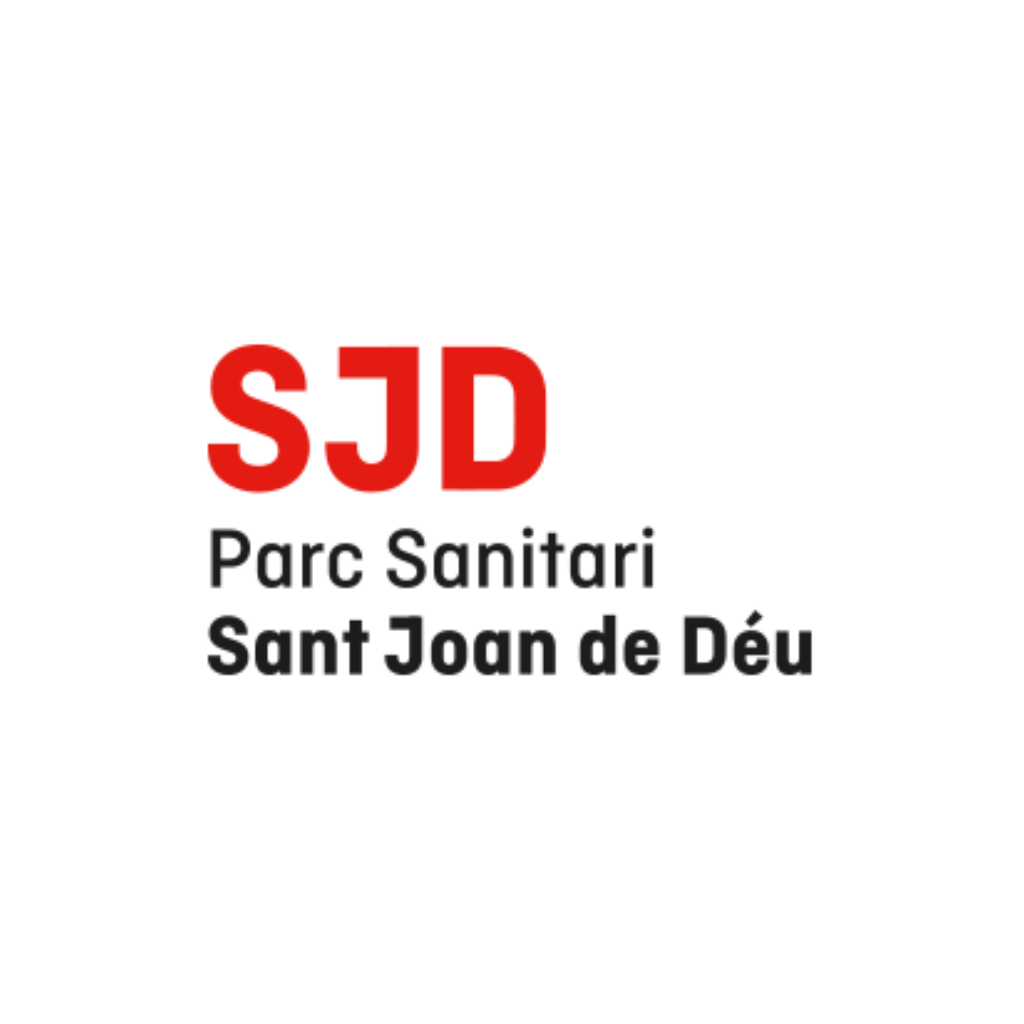
CLC/InnoStars: Spain
Partner classification: Research, Hospital / University Hospital
Parc Sanitari Sant Joan de Déu includes a General Hospital and a Large Network of Mental Health Services. It focuses on bringing together basic research scientists and research clinicians mainly in the areas of public health, mental disorders, ageing and disability.
Parc Sanitari Sant Joan de Deu (PSSJD)
Parc Sanitari Sant Joan de Deu (PSSJD), Carrer del Doctor Antoni Pujadas, 42, 08830 Sant Boi de Llobregat, Barcelona, Spain
Key Activities in Social Innovation
Healthcare provision, Payers
Key Activities in Business Creation
Testing & Validation
Key Activities in Education
Medical faculties, Healthcare professional education/training

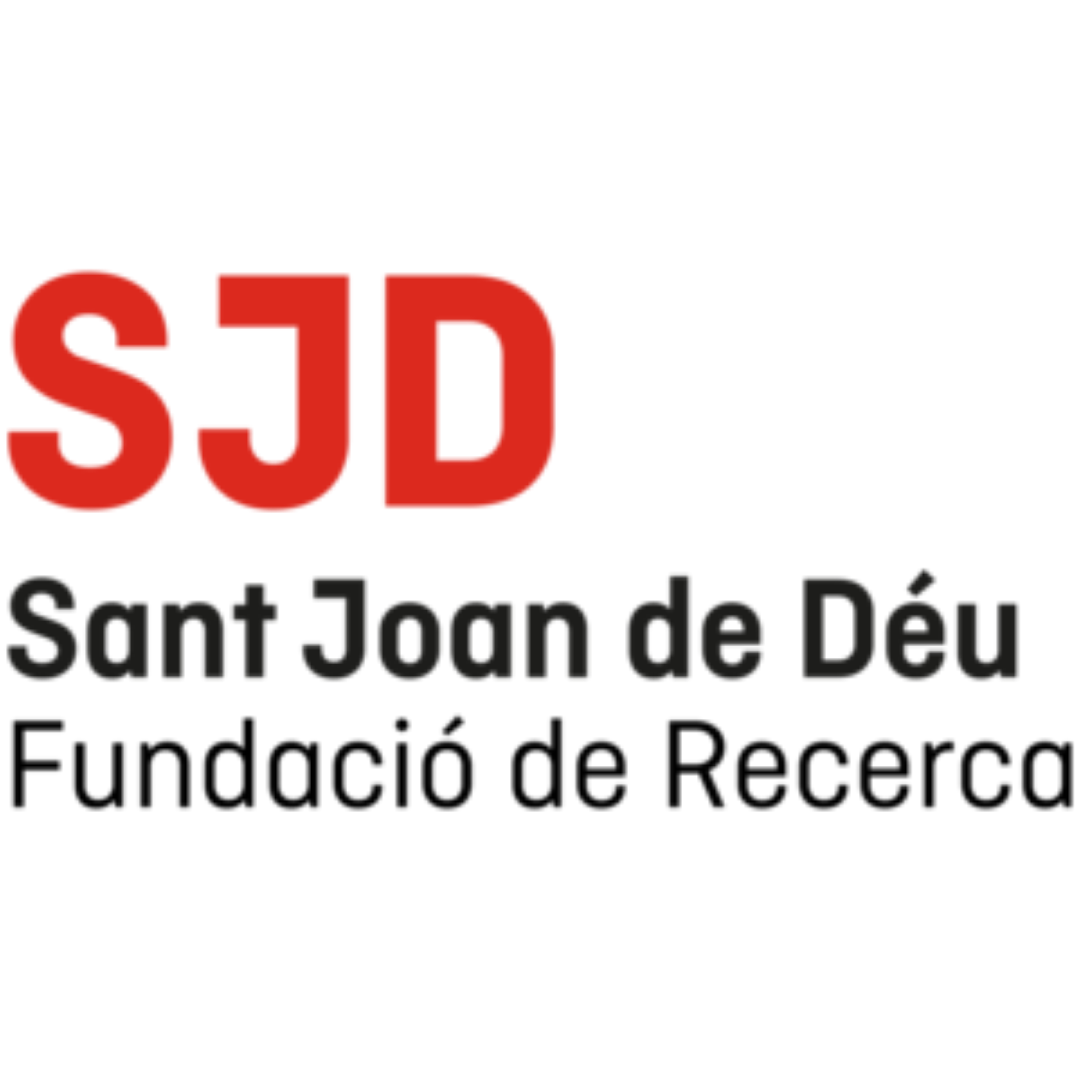
CLC/InnoStars: Spain
Partner classification: Research
Sant Joan de Déu Research Foundation was created in 2002 to provide a framework for the research activity which is carried out in the biomedical and social spheres at Sant Joan de Déu Maternal and Children's Hospital in Esplugues, at Sant Joan de Déu Healthcare Park in Sant Boi de Llobregat, and in other healthcare centres of the Hospitaller Order of St. John of God – Aragon-San Rafael Province.
Fundació Privada per la Recerca i la Docència Sant Joan de Déu
Fundació Privada per la Recerca i la Docència Sant Joan de Déu, Carrer de Santa Rosa, 39, 08950 L'Hospitalet de Llobregat, Barcelona, Spain
Key Activities in Business Creation
Technology Transfer, Testing & Validation
Key Activities in Education
Medical faculties, Healthcare professional education/training

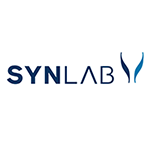
CLC/InnoStars: InnoStars
Partner classification: Business
Synlab Italia is a national network of laboratories, blood collection points and diagnostic centres to provide a comprehensive service to patients throughout Italy. The network has grown gradually adopting a strategy of regional, respected and reliable laboratories’ acquisition, in which Synlab implements its organizational model in order to standardize performance all over the country and ensure quality and excellence. This unique diagnostic network introduces a new “integrated” approach to medical innovation, prevention and healthcare in Italy, an approach in line with the quality standards of excellence in Europe. Synlab is now the most important "Integrated Diagnostics" group in Italy, and the chosen partner of many patients, specialists and “service” customers for diagnostic services.
Synlab Italia Srl
Synlab Italia Srl, Via Martiri della Foibe, 20900 Monza MB, Italy
Key Activities in Corporate Innovation
Diagnostics, Imaging
Key Activities in Business Creation
Testing & Validation
Key Activities in Education
Healthcare professional education/training

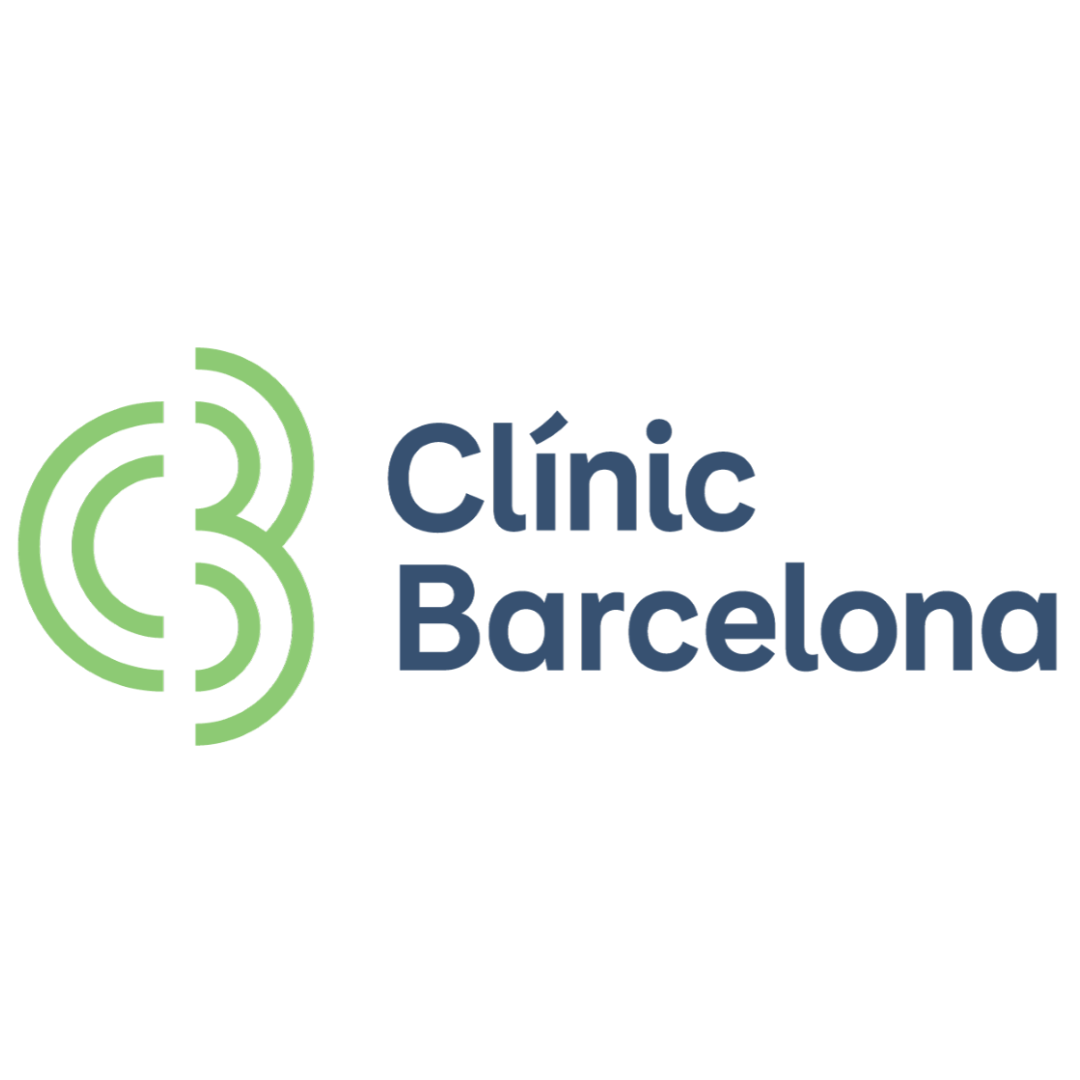
CLC/InnoStars: Spain
Partner classification: Research, Hospital / University Hospital
Hospital Clinic of Barcelona (HCB), founded in 1906, is a university hospital with 4,500 professionals covering most of medical and surgical specialties. It belongs to the Catalan Public Hospital Network and it is both a high-complexity tertiary hospital and a community hospital providing services to more than half million citizens. HCB is placed in Spain in a top position in the areas of research and innovation (e.g. top participant in Societal Challenge 1-Health in H2020).
Hospital Clínic de Barcelona
Carrer de Villarroel, 170, 08036 Barcelona, Spain
Key Activities in Corporate Innovation
Key Innovation capacities
-Strong expertise in EIT Health projects (involved in +30 projects from all pillars since 2016)
-Internationally recognized KOLs in different fields (+100 management positions in international scientific and clinical societies)
-High volume of Clinical Trials (+200 new clinical trials performed every year) with a dedicated Clinical Trial Unit, offering an integral support
-Technology transfer (12 active spin-off; +70 active patent families)
Key Activities in Social Innovation
Healthcare provision
Key Activities in Business Creation
Testing & Validation
Key Activities in Education
-Professionals (AulaClinic) (+500 actions and +7500 participants in 2021) http://www.aulaclinic.com/
-Patients (Patient Experience Forum - Living Lab) (20 focal groups and 75 participants in 2021) https://www.clinicbarcelona.org/uploads/media/default/0002/77/9d52d7598494a2a45a34f19a56a6c4af1af6a0ae.pdf
-Citizens (PortalCLÍNIC) (+5 million visits in 2021) https://www.clinicbarcelona.org/en/portalclinic

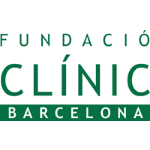
CLC/InnoStars: Spain
Partner classification: Research
Partner type: Linked/Affiliated Party
The Clinic Foundation is a non-profit institution created in May 1989. Its mission is to promote, manage and perform biomedical research and provide teaching in the health sciences field, concentrating particularly on the areas of expertise of the Clinic Hospital of Barcelona and the fields in which the Hospital operates either individually or in partnership with other organisations.
Fundació Privada Clínic per la Recerca Biomèdica
Fundació Privada Clínic per la Recerca Biomèdica, Carrer del Rosselló, 149, 08036 Barcelona, Spain
Key Activities in Business Creation
Technology Transfer, Testing & Validation
Key Activities in Education
Medical faculties, Healthcare professional education/training

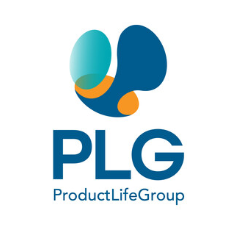
CLC/InnoStars: France
Partner classification: Business
ProductLife Group is a life science service provider operating in 130 countries within the filed of regulatory affairs, pharmacovigilance, quality and pharmaceutical development. Our Purpose is to improve human health by delivering regulatory compliance services for the safe and effective use of medical solutions. Our Vision is to always improve the value we deliver to our team members and partners to become the leading global Life Sciences strategic partner for Regulatory affairs, Safety & pharmacovigilance, CMC & quality compliance, but also Medical Devices & Vaccines.
Key Activities in Research and Developement
Life science, Social science/health economics
Key Activities in Corporate Innovation
Pharma, Med Tech, Consumer Product, Nutrition
Key Activities in Business Creation
Business coaching

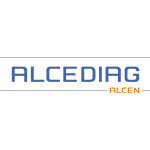
CLC/InnoStars: France
Partner classification: Business
Partner type: Linked/Affiliated Party
ALCEDIAG is a precision diagnostics company with a first focus on mental health. The company develops blood-based diagnostic solutions for psychiatric diseases based on proprietary biomarkers. In addition, the company has developed a biomarker discovery platform that can be used for different types of pathologies (neuropsychiatry, inflammatory diseases, cancer) as well as cell tests allowing the modeling of the impact of drugs on patients and more precisely the potential psychiatric adverse side effects induced by drugs.
ALCEDIAG
